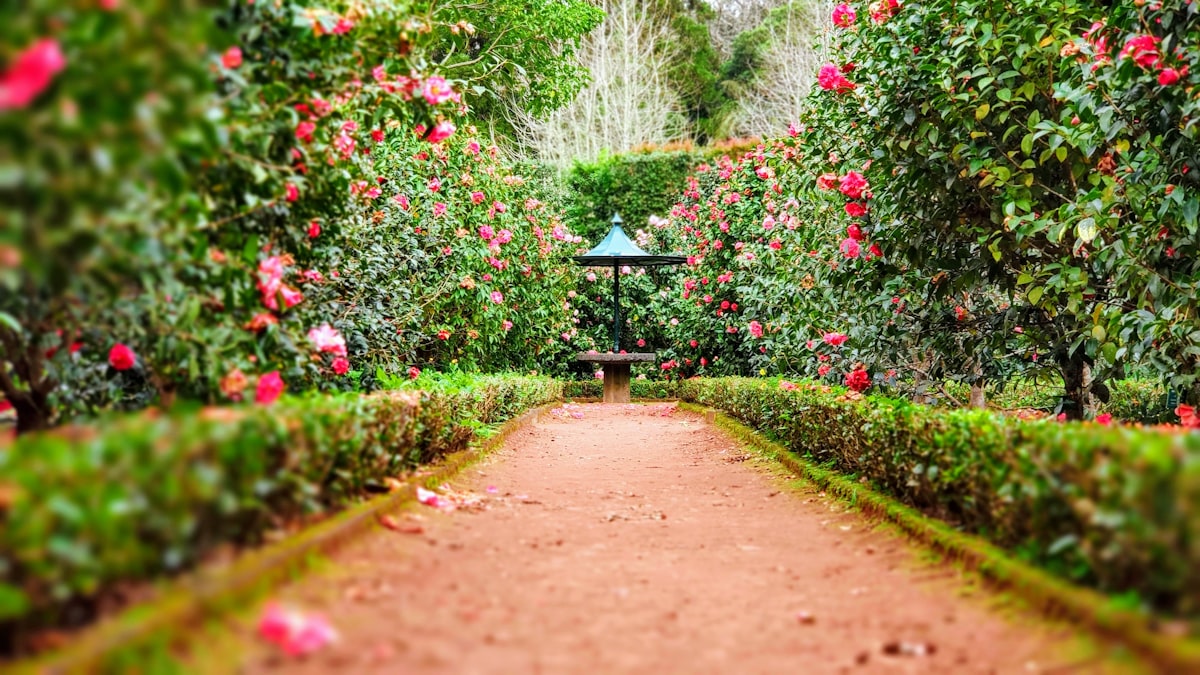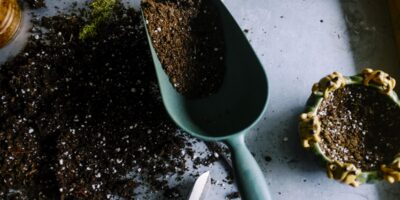Low Maintenance Small Garden Design
Designing a garden that requires minimal upkeep while making the most of a small space can be both rewarding and practical. Whether you have a tiny backyard, a balcony, or a patio, there are ways to create an attractive and functional garden that doesn’t demand constant attention.

Choosing the Right Plants
One of the most critical aspects of a low maintenance garden is the selection of plants. Opt for hardy plants that can thrive in your local climate and soil conditions.
- Perennials: These plants come back year after year, reducing the need for replanting. Look for varieties like lavender, sedum, and echinacea that require little water and care.
- Succulents and Cacti: These are perfect for small spaces as they need very little water and are generally pest-resistant.
- Evergreens: Shrubs like boxwood or dwarf varieties of conifers can add structure and greenery year-round without a lot of effort.
Efficient Use of Space
Maximize your small garden area with intelligent design choices. Vertical gardening is an excellent method to add greenery without compromising on space.
- Wall Planters: Utilize vertical space by installing wall planters. They can hold a variety of plants including herbs and flowers.
- Trellises and Arbors: These structures can support climbing plants like ivy, roses, or beans, making use of vertical space.
- Hanging Baskets: Ideal for small patios and balconies, hanging baskets can be filled with ferns, flowers, or trailing plants.
Smart Irrigation Systems
Watering can be the most time-consuming task in a garden. Automatic irrigation systems can take the guesswork out of keeping plants hydrated.
- Drip Irrigation: Delivers water directly to the roots of plants, reducing waste and ensuring efficient watering.
- Soaker Hoses: These distribute water evenly along their length and can be laid out to water specific areas of your garden.
- Self-watering Planters: Pots with built-in water reservoirs reduce the frequency of watering.
Mulching and Ground Covers
Covering the soil in your garden can help retain moisture, suppress weeds, and reduce erosion.
- Organic Mulch: Materials like bark chips or compost enrich the soil and help retain moisture.
- Inorganic Mulch: Gravel or stones can offer a modern look while providing the same benefits of moisture retention and weed suppression.
- Ground Cover Plants: Plants such as creeping thyme or sedum can cover large areas and reduce the need for other types of mulch.
Low Maintenance Lawn Alternatives
An alternative to traditional lawn can save both time and water.
- Artificial Turf: Mimics the look of grass without the need for mowing or watering.
- Ground Cover Plants: Clover or creeping thyme can replace grass and requires less maintenance.
- Hardscaping: Use pavers, gravel, or decking to create functional outdoor spaces without the need for lawn care.
Container Gardening
Containers allow you to garden flexibly, especially in small spaces. They are easy to move and manage.
- Planters: Use different sizes and styles to add variety and interest.
- Self-watering Pots: These reduce the need for frequent watering, making plant care easier.
- Window Boxes: Perfect for small spaces, they allow you to grow flowers, herbs, or small vegetables.
Paths and Paving
Adding pathways or paving can make your garden more functional and reduce maintenance.
- Stepping Stones: These can create a natural path without the need for extensive construction work.
- Gravel Paths: Easy to install and maintain, gravel paths can be an economical option.
- Paver Patios: Offer a durable and low maintenance surface for seating or container gardening.
Furniture and Decor
Incorporating furniture and decorative elements can enhance your garden without adding to the upkeep.
- Weather-resistant Furniture: Choose materials like metal or treated wood that can withstand the elements.
- Solar Lighting: Adds ambiance to your garden without the need for wiring or electricity.
- Decorative Items: Features like birdbaths or garden sculptures can add interest without needing maintenance.
Minimalist Design
A minimalist approach can make your garden feel more spacious and easier to maintain.
- Simple Planting Schemes: Use fewer varieties of plants for a cohesive look that is easier to manage.
- Clean Lines: Straight lines in pathways and garden borders can create a tidy and modern appearance.
- Declutter: Keep decorative elements to a minimum to reduce maintenance and create a serene environment.
Natural Pest Control
Reducing the need for chemical pesticides makes your garden healthier and easier to maintain.
- Beneficial Insects: Encourage insects like ladybugs and bees that help control pests and support plant health.
- Companion Planting: Plant certain species near each other to deter pests naturally.
- Avoiding Monoculture: Plant a variety of species to reduce the risk of widespread pest infestations.
Related Gardening Guides
Explore more helpful resources from The Gardening Nook:


